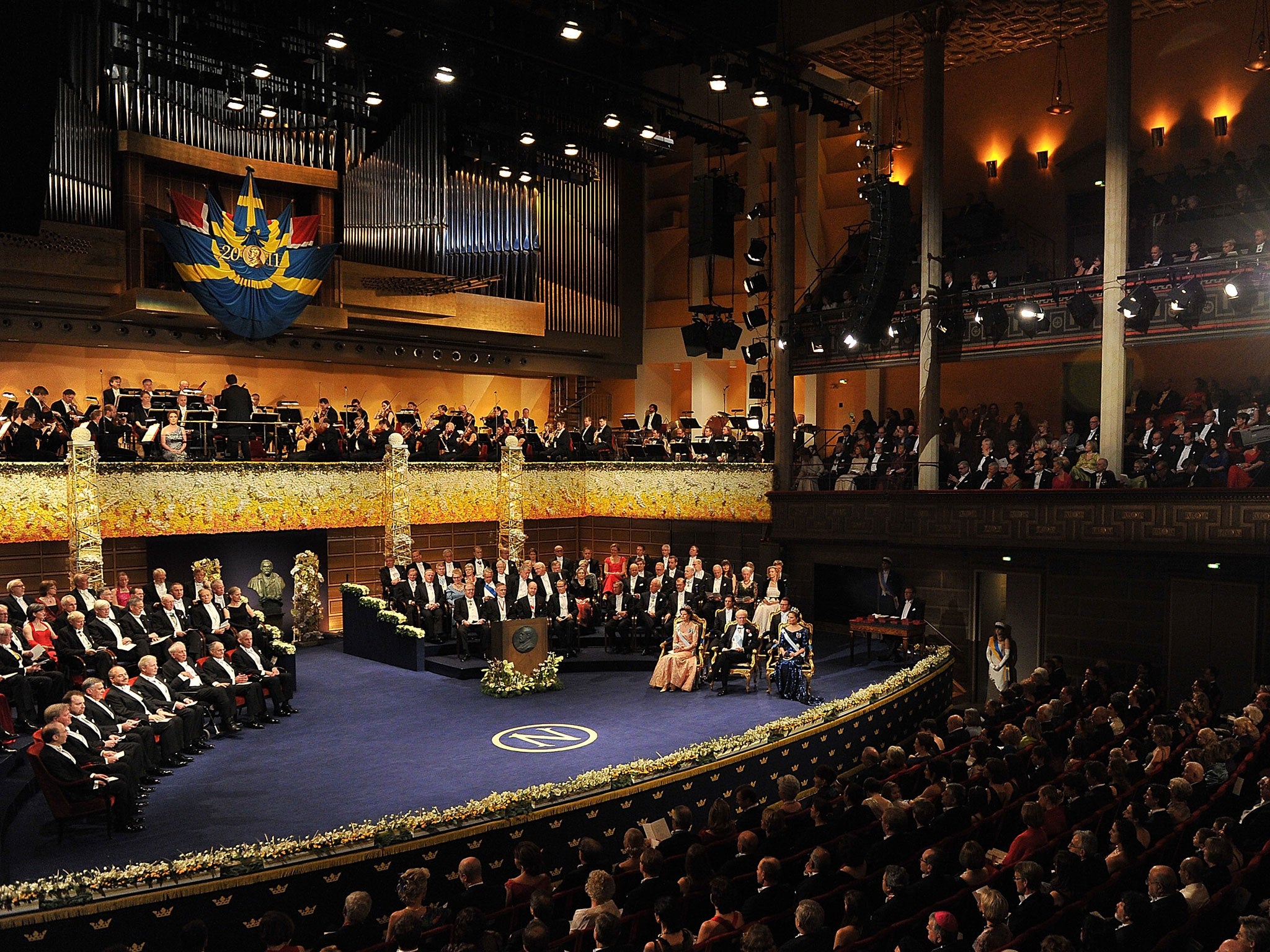Attention, Nobel Prize winners! Advice from someone who's already won
Paul Nurse recieved a science Nobel Prize in 2001. Here, he shares some words of wisdom with 2013's winners

Just over 12 years ago I received a telephone call from the Chair of the Nobel Prize Committee and my life has not really been the same since. In some ways the changes in my life were quite predictable. I got invited to more conferences in my research area, I was asked to join more scientific advisory boards and rather dauntingly, requests kept coming in to give “inspirational talks”. I even managed to upgrade my rather tired motorbike.
But there was change I did not expect. In the eyes of many people, I had suddenly become a world leading expert on almost everything. This was rather a shock. It is not that I am an overly modest person and I do know something about biology and science more generally, but an expert on everything, assuredly I am not. I started receiving letters from individuals wanting me to support causes about issues I knew little about or I thought were quite settled. Rambling detailed usually hand written essays arrived informing me that Newton or Einstein were wrong or explaining why the fluoridation of drinking water was evil. Earnest requests appeared asking me to speak at strange conferences in strange places to discuss spirituality and the “wholeness of existence”. Serious appeals came ask for my comment on complex human rights issues and conflicts.
All of this was combined with the fact that journalists and programme producers had begun to take me seriously if I did comment on issues about which I knew little. I realised that I was in danger of developing the condition I refer to as “Nobelitis” – that is, believing you are expert in almost everything, and being prepared to express opinions about most issues with great confidence, sheltering behind the authority that the Nobel Prize can give you.
So my advice to my new scientific Nobelists is to be careful. You will be inundated with requests to comment on a wide range of issues, to sign letters and petitions and to generally lend your name to causes, some noble, other less so. But do not be tempted to stray too far from your specialist knowledge or from science more generally.
As a general rule Nobel scientists are good people to ask if you want advice about science and scientific evidence. It is the scientists’ job to assess the evidence on issues such as climate science, GM crops and the origins of life. We look at the data and offer a rational assessment of what it tells us. That is a good basis for making decisions, whether it is a government making decisions on cutting greenhouse gas emissions or a person faced with a decision on a particular course of medical treatment. Nobel scientists can also be useful in directing enquiries towards scientists who are experts in the area being discussed.
The Nobel Prize is a tremendous honour and a reflection on the exceptional work done by the recipients, but it doesn’t confer ‘general expert’ status upon those of us lucky enough to be so recognised. Don’t expect that of us, and fellow laureates don’t begin to believe it or you will be in danger of succumbing to Nobelitis.
Paul Nurse , Nobel Laureate and President of the Royal Society

Join our commenting forum
Join thought-provoking conversations, follow other Independent readers and see their replies